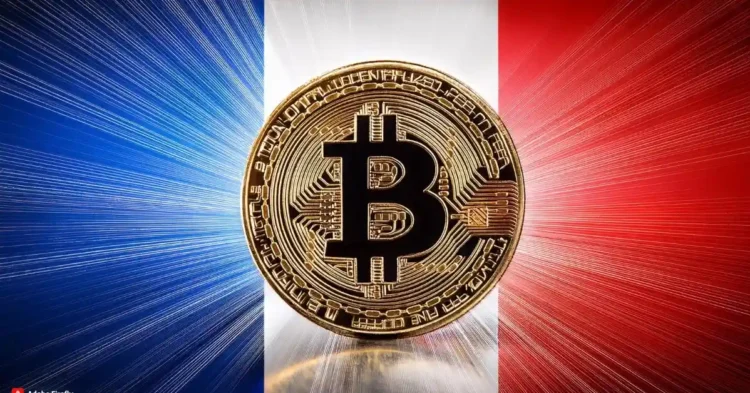In a significant move toward embracing digital currencies, France’s fifth-largest banking institution, the BPCE Group, which manages assets worth €863 billion, is poised to launch Bitcoin and cryptocurrency investment services for its clientele by 2025. This strategic initiative will be executed through its dedicated crypto subsidiary, Hexarq, pending the necessary regulatory endorsement from the Autorité des Marchés Financiers (AMF), France’s financial markets authority.
BPCE to Offer Crypto Services Through Hexarq App
Hexarq, the innovative subsidiary of BPCE, has recently secured the coveted PSAN (Prestataire de Services sur Actifs Numériques – Virtual Asset Service Provider) authorization. This milestone allows Hexarq to legally operate within the digital asset market in France. The PSAN authorization serves as a regulatory framework to monitor and guide digital asset service providers in the country.
As the fourth organization and second banking entity in France to acquire this authorization, following SG Forge, Hexarq is now empowered to manage, purchase, sell, and exchange digital assets. The BPCE Group plans to introduce these services via a specially developed application by Hexarq, targeting the customers of its Banque Populaire and Caisse d’Épargne networks. Founded in 2021, Hexarq is set to spearhead BPCE’s foray into the realm of digital assets, marking a significant shift for a bank that has traditionally maintained a low profile in this sector. Notably, BPCE is recognized as one of the top 10 largest banks in Europe.
France Makes History
In a pioneering achievement, France has etched its name in history as the first major EU economy to open applications for crypto asset service provider licenses under the innovative Markets in Crypto Assets (MiCA) regulation. The AMF began accepting applications on July 1, 2024, well ahead of the MiCA regulations, which are anticipated to be enforced from December 30, 2024. This proactive stance firmly establishes France as a frontrunner in implementing comprehensive crypto regulatory frameworks within the European Union.
An internal source from the bank elucidated that this new service will enable BPCE to retain assets from clients who might otherwise shift to exchange platforms, while simultaneously luring new customers. However, Natixis, BPCE’s investment banking division, is not currently participating in this cryptocurrency endeavor. Instead, it remains focused on market infrastructure and the tokenization of financial assets. Noteworthy is Natixis’s involvement in the issuance of a €100 million bond on the blockchain by Caisse des Dépôts in November, underscoring its commitment to innovative financial solutions.
As the financial landscape continues to evolve, BPCE’s strategic move into the digital asset space signifies a forward-thinking approach, aligning with global trends and catering to the growing demand for cryptocurrency investment options among its clientele.











